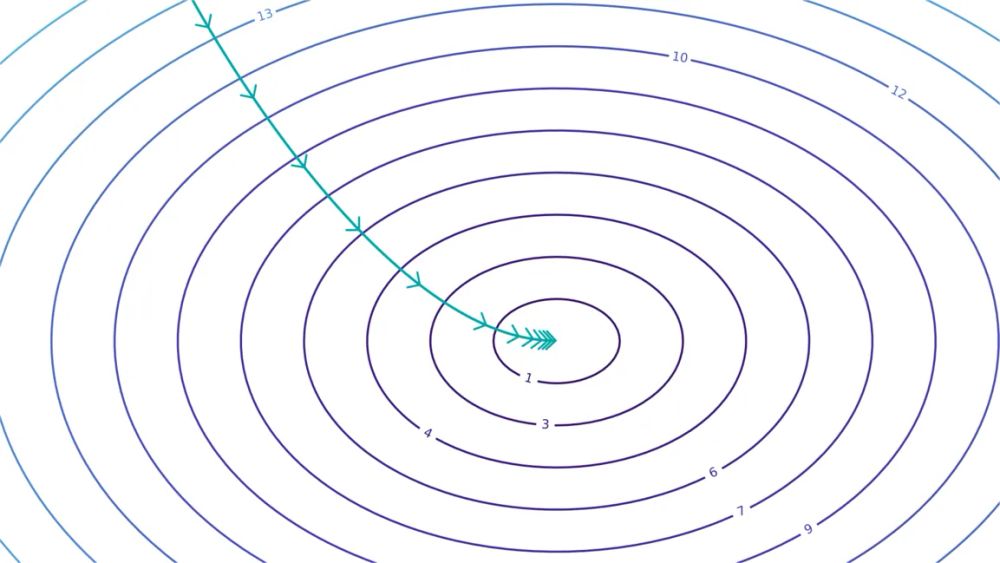Epoch AI
@epochai.bsky.social
780 followers
20 following
770 posts
We are a research institute investigating the trajectory of AI for the benefit of society.
epoch.ai
Posts
Media
Videos
Starter Packs













